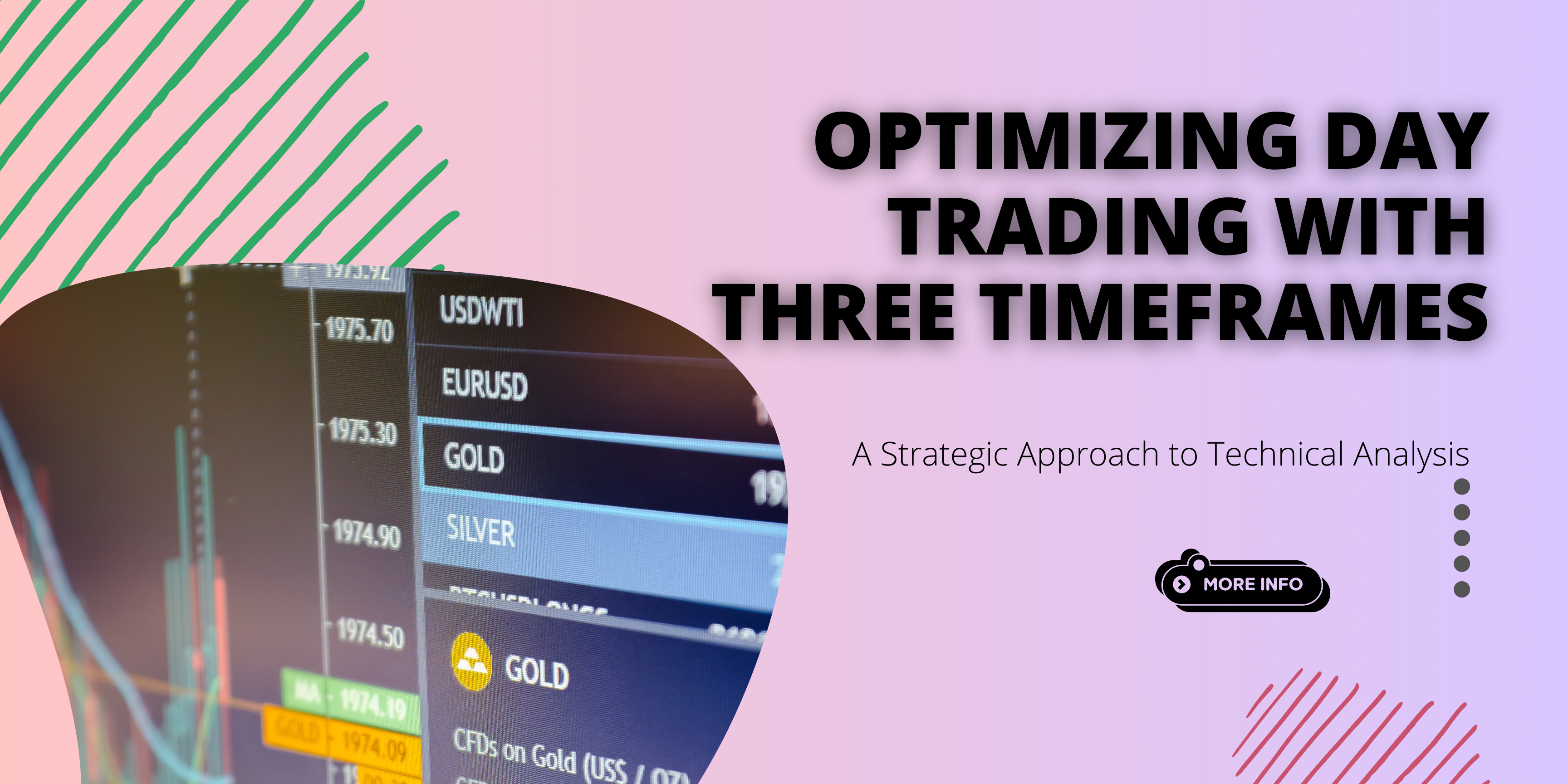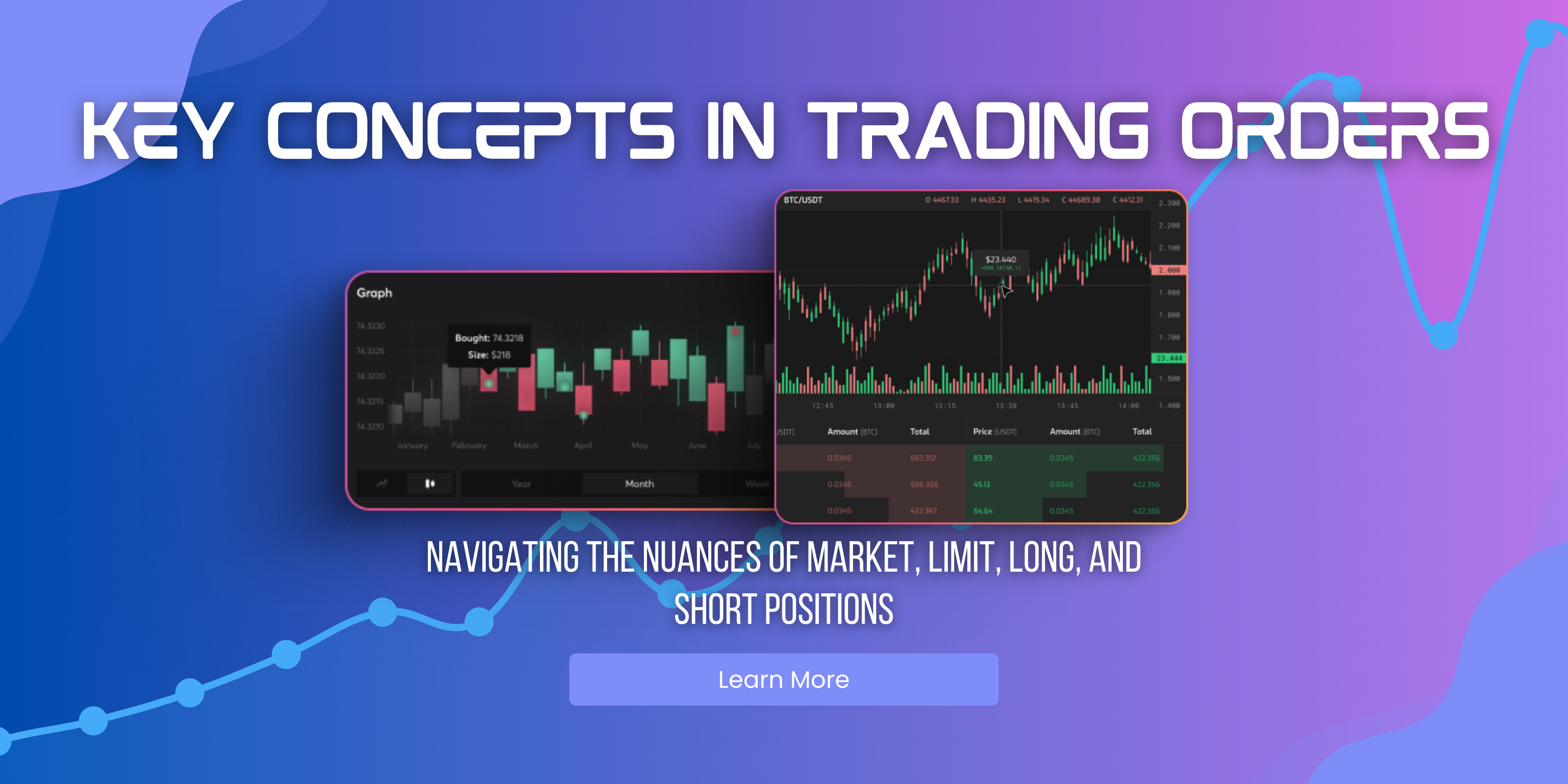Ever jumped into a trade because everyone else was doing it, only to regret it later? That’s the classic case of FOMO, or the Fear of Missing Out. In the fast-paced world of trading, FOMO can lead to impulsive decisions and significant losses. Let’s dive into the psychology of FOMO and explore how you can …
Trading FOMO: What It Is and How to Avoid It

Ever jumped into a trade because everyone else was doing it, only to regret it later? That’s the classic case of FOMO, or the Fear of Missing Out. In the fast-paced world of trading, FOMO can lead to impulsive decisions and significant losses. Let’s dive into the psychology of FOMO and explore how you can avoid falling into its trap.
Understanding Trading FOMO
FOMO in trading arises from the anxiety that others might be making profits while you’re missing out. It’s fueled by market hype, sensational news, and social media chatter. This fear can cause traders to make irrational decisions, such as entering trades without proper analysis or holding onto losing positions in the hope of a turnaround.
The Dangers of FOMO
- Impulsive Trading: FOMO often leads to chasing trades without a solid strategy. This can result in buying high and selling low.
- Increased Risk: Jumping into trades without thorough research increases exposure to risk. You might end up investing in overhyped assets that lack fundamental value.
- Emotional Stress: Constantly worrying about missing out can cause emotional fatigue and stress, leading to burnout and poor decision-making.
- Overtrading: FOMO can push you to trade too frequently, racking up transaction costs and potentially diminishing your overall returns.
How to Avoid Trading FOMO
- Stick to Your Plan
- Develop a solid trading plan with clear entry and exit criteria. Stick to your strategy regardless of market noise.
- Having a plan reduces the temptation to make impulsive decisions based on short-term market movements.
- Conduct Thorough Research
- Before entering any trade, perform detailed research and analysis. Understand the asset’s fundamentals, technical indicators, and market conditions.
- Knowledge reduces uncertainty and helps you make informed decisions, minimizing FOMO-driven trades.
- Set Realistic Goals
- Set achievable and realistic trading goals. Avoid comparing your performance to others, especially social media influencers who often highlight only their successes.
- Focus on steady, consistent growth rather than quick profits.
- Limit Social Media Exposure
- While social media can be a valuable information source, it’s also a breeding ground for hype and misinformation. Limit your exposure to prevent FOMO triggers.
- Follow reputable sources and avoid getting swayed by sensational news or opinions.
- Practice Mindfulness and Discipline
- Practice mindfulness to stay calm and composed. Techniques like meditation or deep breathing can help manage stress and maintain focus.
- Discipline is crucial. Adhere to your trading plan and avoid making decisions based on emotions.
- Use Stop-Loss Orders
- Implement stop-loss orders to manage risk. This tool helps you exit trades automatically when the market moves against you, protecting your capital.
- Stop-loss orders provide a safety net, reducing the emotional burden of watching every market move.
- Diversify Your Portfolio
- Diversification spreads risk across various assets, reducing the impact of any single investment’s performance.
- A diversified portfolio can provide more stability and reduce the temptation to chase individual high-risk trades.
Final Thoughts
Trading FOMO is a common psychological trap that can derail even the most experienced traders. By understanding its triggers and implementing disciplined strategies, you can avoid the pitfalls of impulsive trading decisions. Stick to your plan, conduct thorough research, and maintain emotional discipline to trade smarter and more successfully.
Remember, the market will always present new opportunities. Staying patient and following a well-thought-out strategy is key to long-term trading success. Don’t let FOMO dictate your trades—stay calm, stay informed, and trade with confidence.







